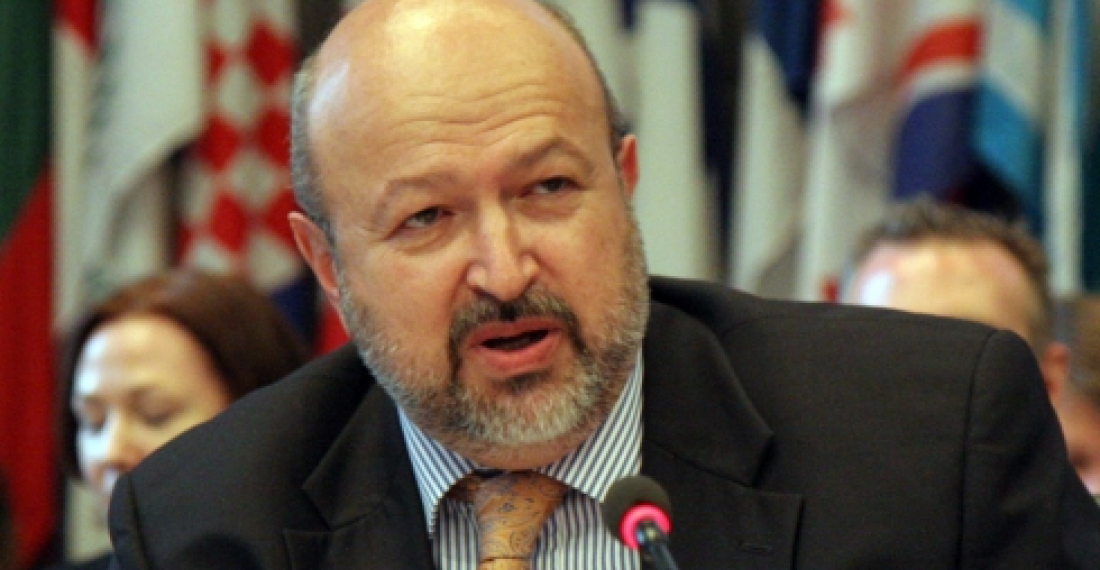OSCE Secretary-General Lamberto Zannier spoke about the role of the OSCE in the resolution of the Nagorno Karabakh conflict, in an exclusive interview with Today's Zaman.
Referring to the current stalemate in the negotiations Zannier said that this is nothing new -- the OSCE Minsk Group has been working to facilitate negotiations since 1994 but to no avail. "I am stating a fact -- it [progress] is not happening. Something is missing,".
Zannier defended the role of the OSCE in the Karabakh conflict resolution process. "I am not saying we have a monopoly, but why shouldn't it be the OSCE? It is a regional organization that deals with security issues. There is a debate that we should move the issues somewhere else but I am not convinced that moving it elsewhere would solve the problem. There is nothing wrong with the organization dealing with the problem. The problem is the substance of the issue," he said in response to criticisms of the OSCE's handling of the conflict.
While the OSCE is doing the best it can, Zannier said it is up to the parties involved in the conflict to step up to the plate. Zannier stressed there must be political will on behalf of the parties to end the historic conflict. "What I said this morning was there is a lot of focus on the mechanism, but there is also an issue of whether the parties are ready to make a deal," he said.
Zannier said that the mechanism could perhaps be improved, but he also emphasized that in the end the power lies with the member countries. "You can lead a horse to water but you cannot force the horse to drink. It is a bit the same. We are trying to create the necessary conditions in the meantime. We are trying to manage the situation on the ground, but the situation becomes problematic in security terms," he said. The next step, according to the OSCE secretary general, is ensuring the problem does not escalate further. "[In general,] if we cannot line up all of the conditions and solve the conflict, then the next best thing we can do is manage the problem so it does not grow worse. So that is our next step. It is up to everyone to keep making efforts from different angles," he stressed.
source: commonspace.eu with a report from Todays Zaman
picture: courtesy of the OSCE
Commentary
"It is not happening. Something is missing". OSCE Secretary General defends role of the organisation in resolving the Karabakh conflict.







